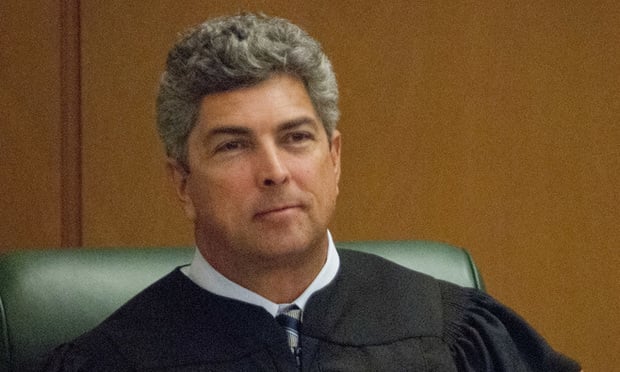The Georgia Supreme Court has ruled the issuer of a surety bond is not responsible for a $150,000 punitive damages award a probate court levied against it and the conservator of an incapacitated woman after the judge determined the conservator had looted the funds.
The finding overturns a Georgia Court of Appeals ruling that left Ohio Casualty Co., which served as the surety for the conservator, on the hook not only for $167,000 in misappropriated funds, but jointly and severally liable for $150,000 in punitive damages as well.


 Justice Michael Boggs, Georgia Supreme Court (Photo: John Disney/ALM)
Justice Michael Boggs, Georgia Supreme Court (Photo: John Disney/ALM)





